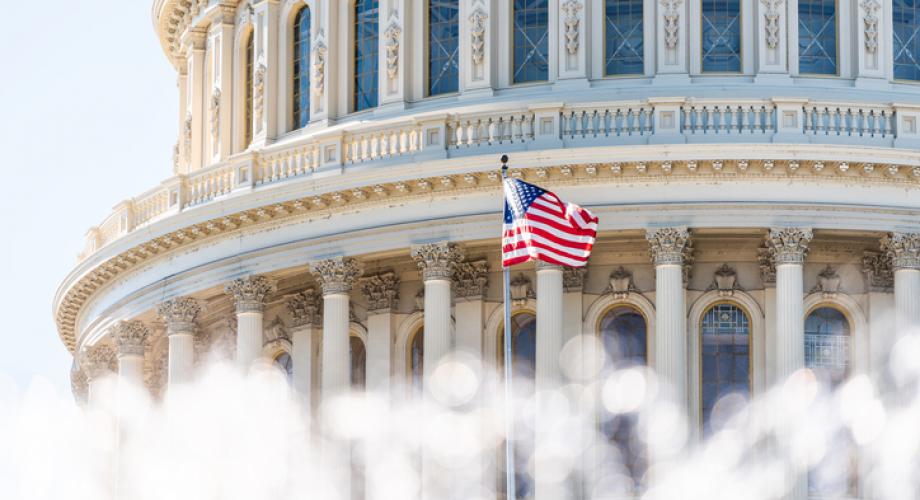On June 23, 2022, federal legislators introduced bills that would amend the national Fair Housing Act of 1968 to prohibit rental housing providers from rejecting an applicant because of their “source of income,” specifically targeting those who hold a Section 8 Housing Choice Voucher (HCV). S. 4485 and its House companion bill, H.R. 8213, dubbed the Fair Housing Improvement Act of 2022, were introduced by Sen. Tim Kaine (D-VA) and Rep. Scott Peters (D-CA), respectively.
The HCV Program is a critical tool in helping low- and moderate-income households access safe and affordable housing. However, this legislation would not reduce the primary obstacle to voucher utilization. Participation in the currently overregulated and underfunded HCV Program is significantly more costly, time-consuming and risky than the standard leasing transaction, making it an infeasible business practice for many rental housing providers across the country.
According to research sponsored by the U.S. Department of Housing and Urban Development (HUD), 68 percent of housing providers who do not participate in the HCV Program have previously accepted vouchers but left the program due to unreasonable inspections requirements, inability to control their business operations or a lack of support from their local Public Housing Authority (PHA) during a tenant conflict.
Lawmakers should instead focus on sustainable solutions that improve outcomes long-term, like incentivizing private housing providers to participate in the voucher program by passing the bipartisan Choice in Affordable Housing Act (S. 1820 and H.R. 6880), which would establish new funding for the HCV Program, limit redundant inspections requirements and provide greater support to local PHAs.
Efforts to mandate housing provider participation in the HCV program are simultaneously gaining steam in state and local governments across the country. NAA research shows that over 120 local jurisdictions and 20 states have enacted “source of income” protections, with Illinois being the latest on May 24. Over the past three months, over 100 city councils have discussed source of income protections. Using NAA’s Source of Income Conversations and Local Tracker, you can see where local lawmakers are discussing this policy.
For more information on source of income legislation, please contact Ben Harrold, NAA’s Manager of Public Policy.
